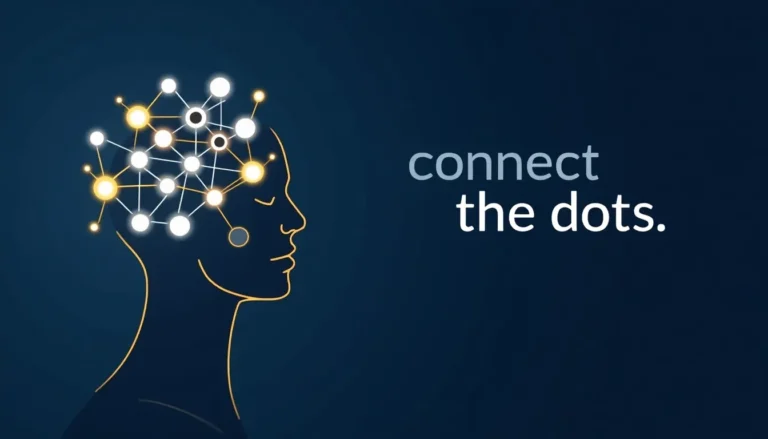The Perfect Prompt Is A Myth
Everyone’s chasing the holy grail of prompt engineering. That perfect string of words that will make AI dance exactly how they want.
They’re missing the point.
Prompts are tactical. Perspective is strategic.
A great prompt without the right perspective is like having an expensive camera but not knowing what makes a compelling photograph. The tool isn’t the talent.
The real power lies in understanding how AI thinks – not just how to talk to it.
Consider this: When you’re having a conversation with a friend, do you obsess over the exact phrasing of every question? No. You understand their context, their background, their way of processing information.
The same applies to AI.
Understanding the AI’s perspective – its training, its limitations, its tendencies – that’s what separates the masters from the dabblers.
Think like the AI thinks.
See what it sees.
Know why it knows what it knows.
The best prompts emerge naturally when you grasp the AI’s perspective. They’re not manufactured – they’re discovered through understanding.
It’s why two people can use the exact same prompt and get wildly different results. One is just typing words. The other is engaging in a dialogue based on deep understanding.
Perspective shapes everything:
– How you frame the problem
– What context you provide
– Which details matter
– When to be specific
– When to leave room for interpretation
The obsession with prompt engineering is understandable. We want control. We want reliability. We want predictability.
But AI isn’t a vending machine where you input the perfect code to get your desired output.
It’s a collaborative partner.
And like any partnership, success comes from understanding, not just instruction.
Stop collecting prompts.
Start developing perspective.
The perfect prompt isn’t waiting to be written.
The perfect perspective is waiting to be understood.
Because in the end, the best prompt is the one that comes from a place of genuine understanding – not just clever wordplay.
The myth of the perfect prompt dies when we realize it was never about the words we use, but the wisdom behind them.



